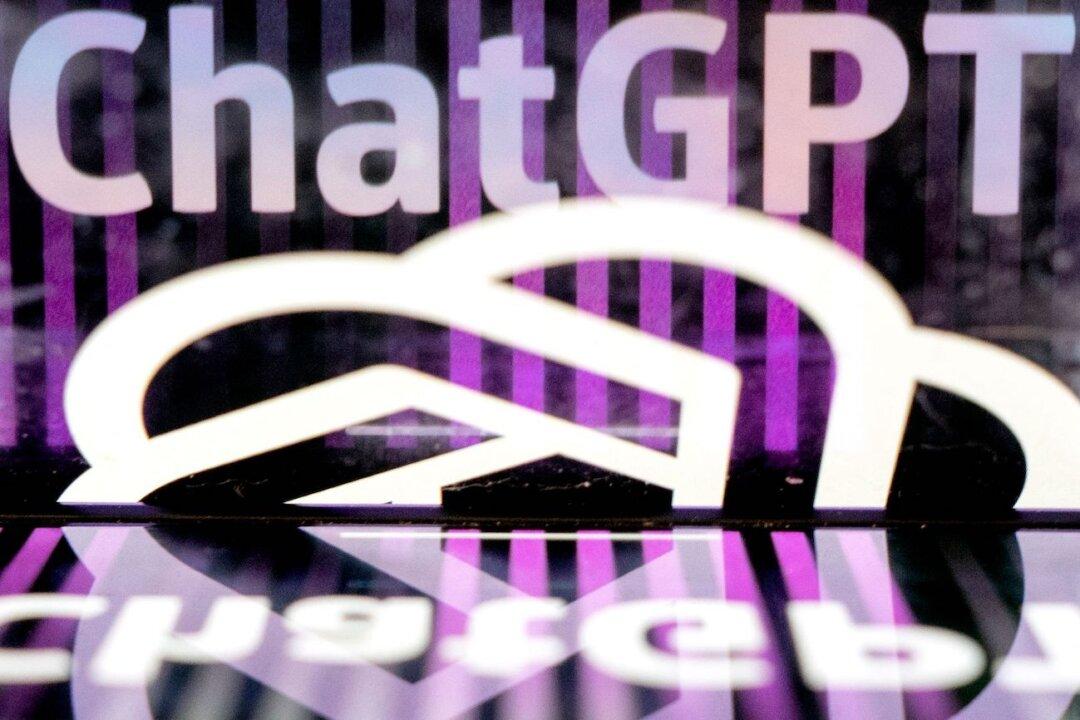OpenAI and its backer, Microsoft, have been hit by yet another copyright lawsuit from the journalism industry, this time with eight prominent regional newspapers accusing the ChatGPT developer of illegally using their content to train its artificial intelligence (AI) language models.
In a complaint filed on April 30 in New York, the newspaper publishers raised copyright claims against ChatGPT and Copilot, an AI tool that debuted in February 2023 for users of the Windows operating system, the Bing search engine, and other Microsoft products.





